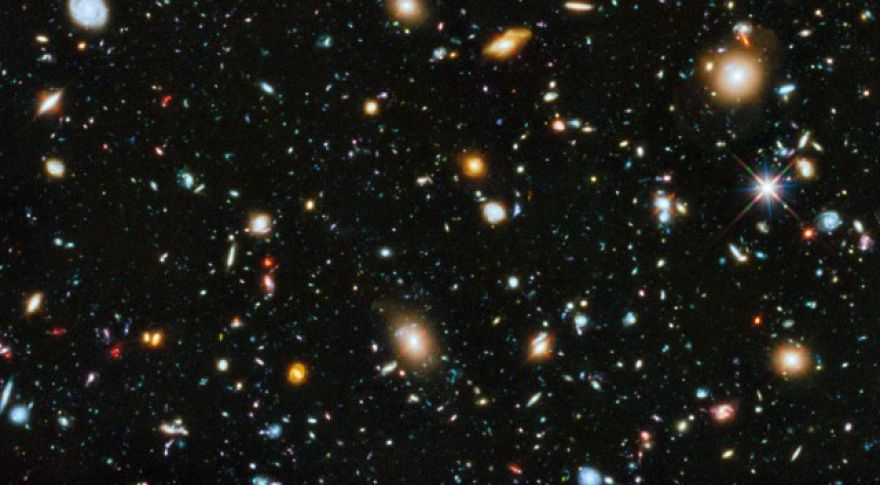
The universe is expanding even faster than we thought
The universe is a very big place, and science has proven that it’s only getting bigger as time goes on. American astronomer Edwin was the first to theorize that the universe was expanding, and now the telescope bearing his name has been used to make the most accurate analysis yet of how fast it’s expanding. Based on the newly published data, it’s happening even faster than we thought.
The expansion that began some 13.8 billion years ago at the moment of the Big Bang has not abated. In fact, it’s accelerating. In order to determine how fast that’s happening, a team of astronomers from the Space Telescope Science Institute and Johns Hopkins University used the Hubble Space Telescope to survey thousands of distinctive objects.
Using Hubble, the team scanned 2,400 Cepheid stars and 300 Type Ia supernovas. These are both objects that are used by astronomers to measure distance in space. Cepheid stars pulse at a rate that correlates directly to their true brightness and Type Ia supernovas have consistent luminosity. Together, these objects provide an extremely accurate measurement of distance in the universe. This data was combined with the expansion of space, as measured by analyzing the light from far away . The light from these objects is shifted toward the red end of the spectrum by the expansion.
Based on the data acquired with Hubble, the team has released a highly accurate value for the expansion of the universe, which is known as the Hubble Constant — 45.5 miles (73.2 km) per second per megaparsec. A megaparsec, by the way, is 3.26 million light years. These are big numbers that don’t mean much when you hear them, but the end result is that the universe is than we previously thought. In a mere 9.8 billion years, everything in the universe will be twice as far apart.
So, why the discrepancy between the new and old measurements? The old Hubble Constant value was derived from measurements of the cosmic microwave background radiation, what’s left over from the Big Bang. Astronomers hypothesize these measurements could not fully account for the effects of dark energy, which is believed to be driving the increasing rate of expansion. Abundant stores of dark matter in the universe, which is even more common than “regular” matter could also affect the expansion. It’s a wild universe, and we’re only starting to understand it.
Now read: ?